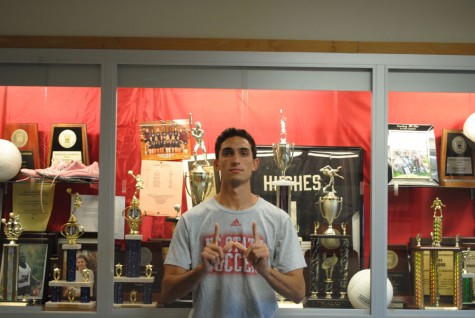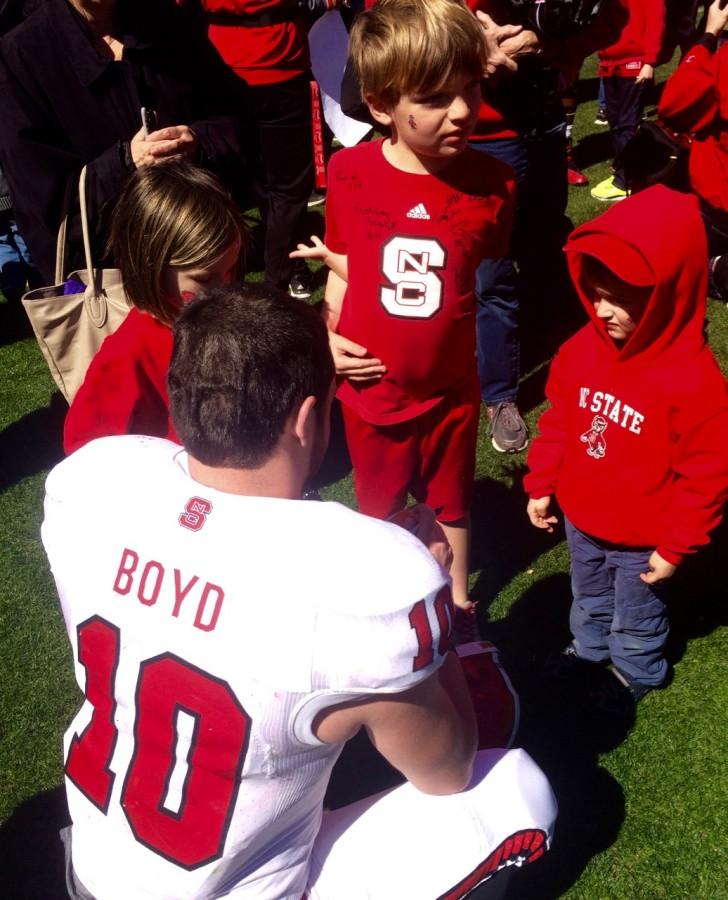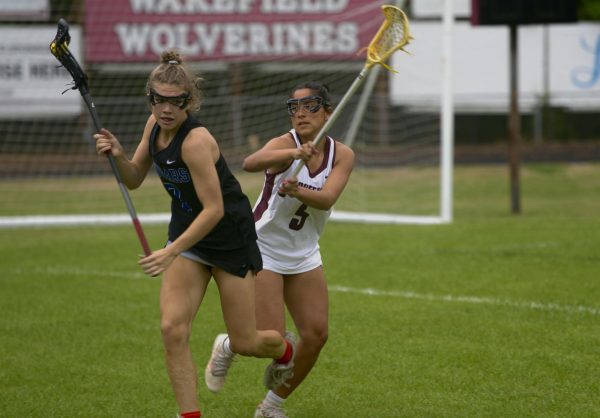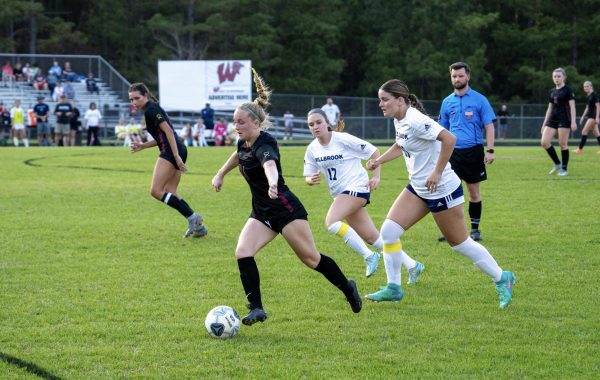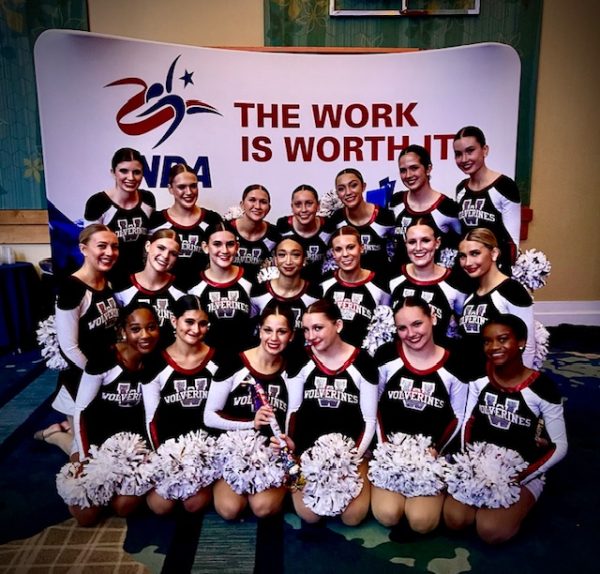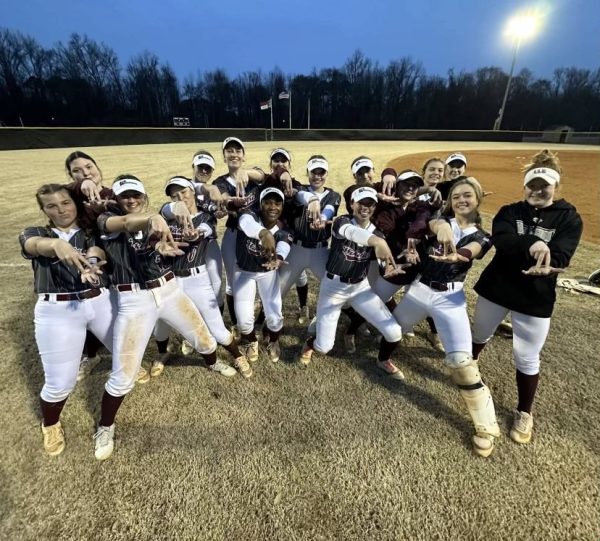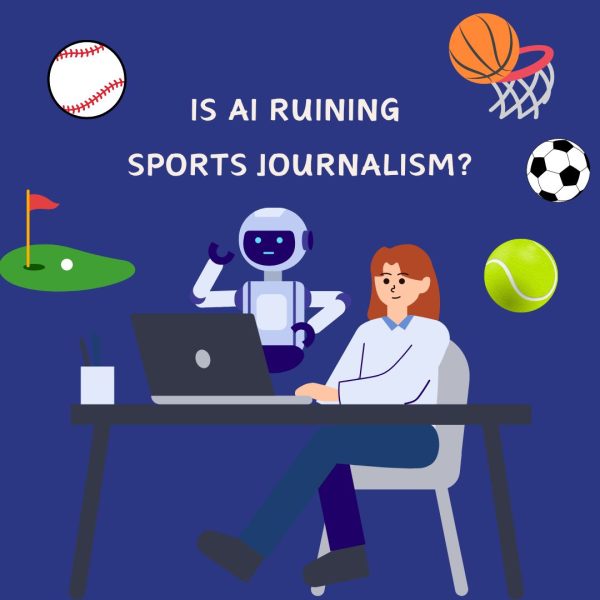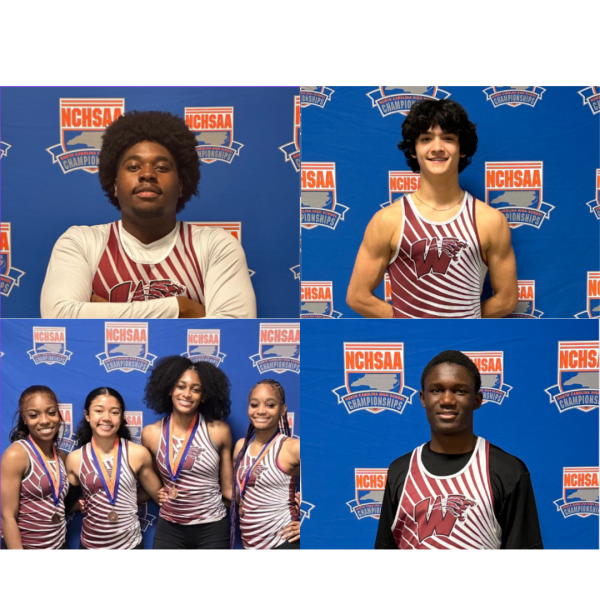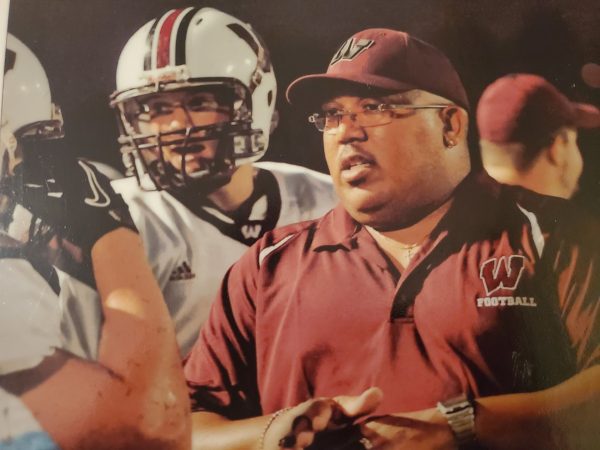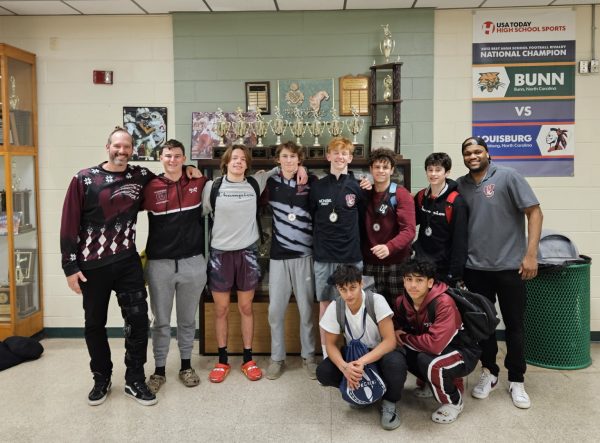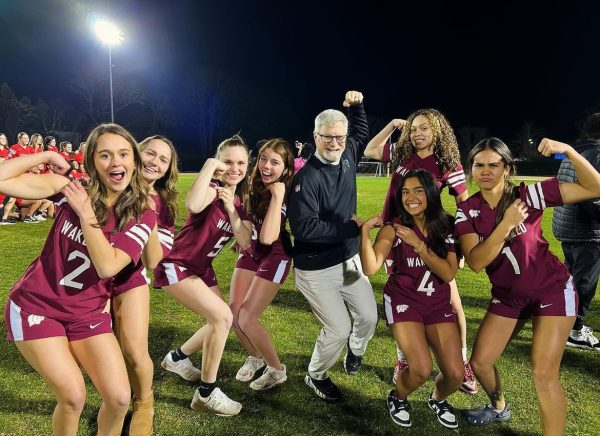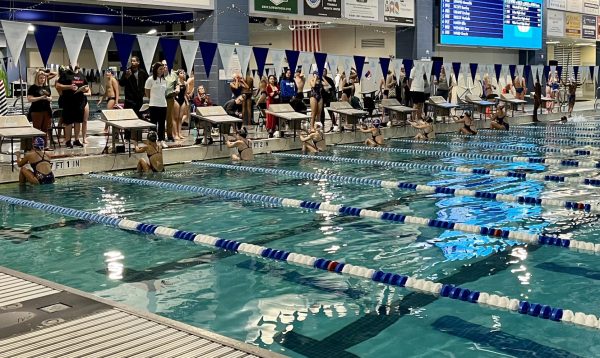Debating the merits of compensation for NCAA college athletes
Heath Boyd signs autographs for kids at NC State’s spring football game.
Ever since the founding of the NCAA, paying college athletes has been a widely debated topic. Because of television rights and the rise in ticket sales, many have suggested the payment of college athletes. Training all week, having at least a game or an extra practice on the weekend, being a full time student, and having a side job is nearly impossible.
“I think it is next to impossible to have a job while playing a college sport,” said Jensen Martin, UNC Charlotte tennis player and former Wakefield tennis state champion. “If you were to have [a job], either your sport or college grades would suffer in the process.”
NC State Track and Field Commit and 300M state champion, Dylan Peebles also believes the already hectic schedule of a student athlete has no flexibility to maintain a job.
“It’s almost impossible unless you work on the weekends, but for my sport the track meets are on Saturdays,” said Peebles. “Some athletes don’t have a source of money, so they won’t have anything to eat other than the food provided, and they won’t be able to go to movies, buy clothes, or anything like that.”
University of Memphis soccer player and WHS graduate of 2015, David Adams also agrees with Peebles about athletes’ extracurricular expenses.
“Student athletes usually get their school meal plan covered for, but if they come from a low income family they will need some money to pay for other necessities,” said Adams. “It would be very difficult to hold a job. You will be too tired and won’t be able to focus on academics because you will be too involved with athletics and work to study.”
Although Adams believes that a student athlete schedule is strenuous, he does not believe that student athletes should be paid.
“There’s already a lot of other benefits for being a student athlete, like having an athletic/academic counselor to help you stay on track with your tasks in school,” said Adams. “There are many options provided for you if you need help in school or just in life. Also, they provide meals for you and cover travel expenses.”
In 2014, the NCAA nearly made one billion dollars in revenue, according to an audited financial statement. Most all the profit from NCAA sports comes from football and basketball ticket and fan gear sales.
“It could go both ways,” said Heath Boyd, NC State Football player and former Wakefield student. “Having practice or working out five to six days for roughly four hours a day and then having to go to class is strenuous on all student athletes. The school also makes a huge profit off of selling players jerseys and the games being broadcasted.”
Cal Poly tennis commit and triple state champion, Susanne Boyden also believes that certain NCAA sports should have paid student athletes.
“Student athletes should be able to get paid because with their busy schedules they don’t have the time to work,” said Boyden. “They are also bringing in a ton of revenue and publicity to their colleges by playing for their teams, so they should benefit for doing so.”
Although some athletes have full scholarships many are usually “walk-ons.” “Walk-ons” are athletes that do the same exact training and hard work as scholarship athletes but do not receive any direct financial help for playing their respective sports. This is usually due to a lack of scholarship money to grant out or other purposes such as Title-9 restrictions.
“I think walk on athletes should get some sort of money or reward,” said Chowan soccer commit, Courtney Senter. “They have to work just as hard, and I think they should have benefits too.”
On top of the lack of financial assistance from the team, walk-on athletes are also forbidden to hold jobs that pay over $2,000 a year due to NCAA’s rules and regulations.
“There is no rule that forbids walk-ons or scholarship athletes from having jobs during the school year,” said Boyd. “It would just be extremely difficult. Walk-on’s get treated the same as scholarship players at most universities; they just pay their tuition, which can be an extra stressor.”



